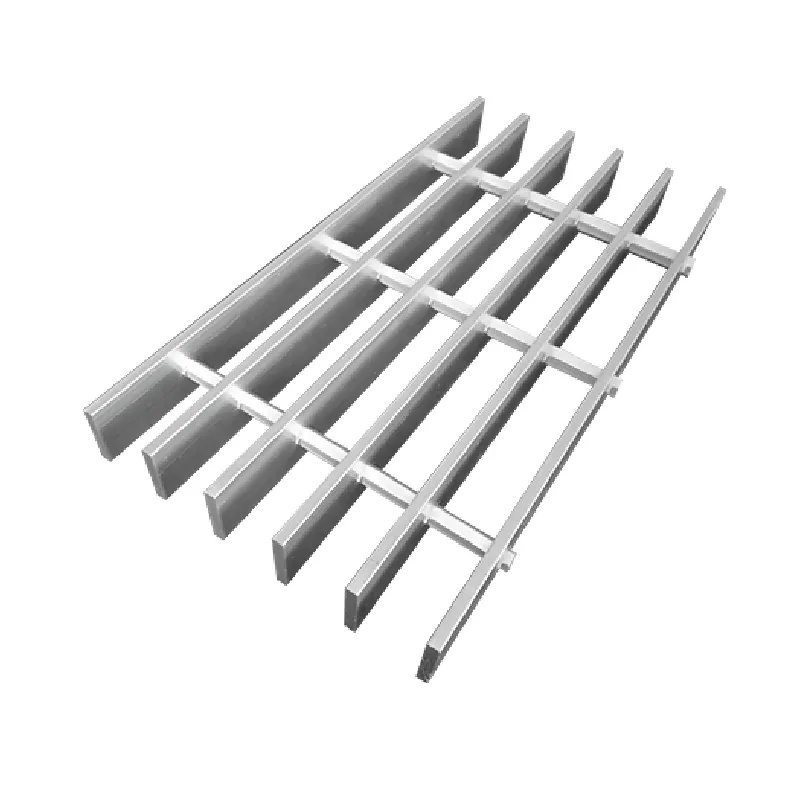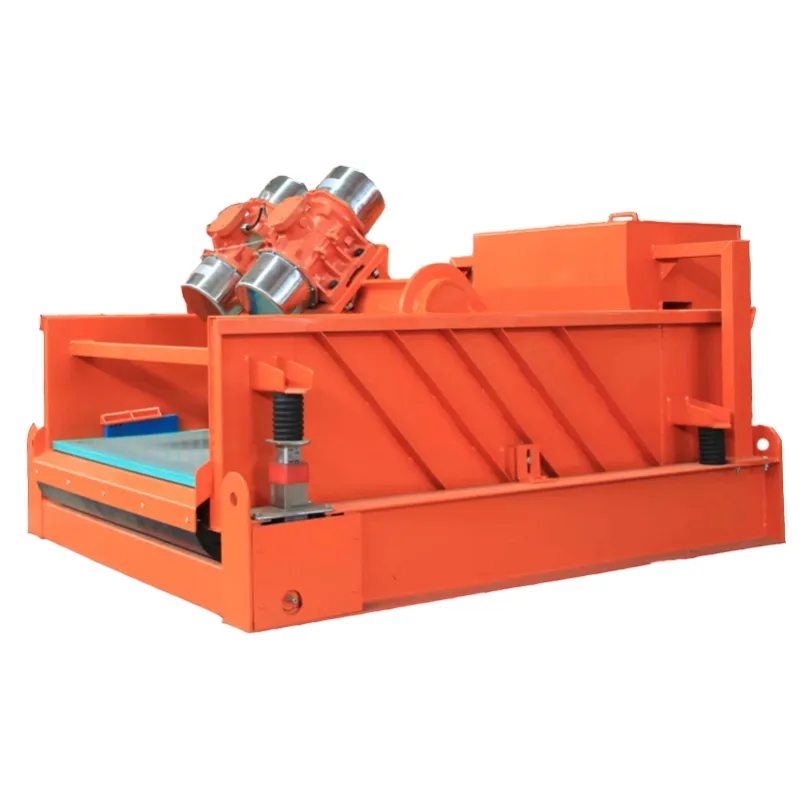- Industrial zone, South of Anping Town, Hengshui, Hebei, China.
- sales@hfpetromesh.com
- +86-18931809706
2 月 . 19, 2025 01:09
Back to list
industrial floor grates
Industrial floor grates have long served as crucial components in various commercial and industrial settings, providing essential utility while ensuring safety and efficiency. As facilities manager Jane Doe from Acme Manufacturing recounts, Integrating well-chosen industrial floor grates into our factory operations streamlined our processes and improved overall safety. Here's why these often-overlooked structures are among the unsung heroes of industrial design and how businesses can leverage their benefits.
Establishing trust and authority within the industry also involves staying compliant with safety and building regulations. Ensuring that industrial floor grates meet or exceed the guidelines set by bodies such as the Occupational Safety and Health Administration (OSHA) in the U.S. or equivalent entities worldwide is non-negotiable. Compliance not only guarantees safety standards but also facilitates smooth operation with reduced legal and operational risks. The modern market for industrial floor grates has evolved with the advent of greener technologies. Companies are increasingly seeking sustainable options that align with environmental standards and corporate social responsibility goals. Recyclable materials, energy-efficient production methods, and longer lifespan products contribute not only to ecological sustainability but also to cost efficiency, offering double-fold benefits. This shift towards sustainability solidifies a company's reputation as environmentally conscious, appealing to eco-minded consumers and partners. In addition to structural benefits, business owners must not overlook the potential for smart technology integration with industrial floor grates. Innovative designs now include sensor technology that can alert to blockages, monitor load performance, and even predict maintenance needs, further enhancing operational safety and efficiency. These technological advancements underscore a proactive approach to maintenance, minimizing downtime and averting potential safety incidents. Ultimately, investing in high-quality industrial floor grates is a testament to a company's commitment to operational excellence and employee safety. The gratitude expressed by employees who operate in well-maintained environments is palpable Knowing that our safety is a priority makes us more confident and productive, shares Sarah Brown, a line supervisor at a leading logistics firm. In conclusion, industrial floor grates embody an essential yet sophisticated element of industrial and commercial infrastructure. Through careful selection, expert consultation, and embracing technological and sustainable advancements, businesses can ensure these systems are integral to their operational strategy. In doing so, they not only optimize safety and efficiency but also build a foundation of trust, authority, and industry leadership.


Establishing trust and authority within the industry also involves staying compliant with safety and building regulations. Ensuring that industrial floor grates meet or exceed the guidelines set by bodies such as the Occupational Safety and Health Administration (OSHA) in the U.S. or equivalent entities worldwide is non-negotiable. Compliance not only guarantees safety standards but also facilitates smooth operation with reduced legal and operational risks. The modern market for industrial floor grates has evolved with the advent of greener technologies. Companies are increasingly seeking sustainable options that align with environmental standards and corporate social responsibility goals. Recyclable materials, energy-efficient production methods, and longer lifespan products contribute not only to ecological sustainability but also to cost efficiency, offering double-fold benefits. This shift towards sustainability solidifies a company's reputation as environmentally conscious, appealing to eco-minded consumers and partners. In addition to structural benefits, business owners must not overlook the potential for smart technology integration with industrial floor grates. Innovative designs now include sensor technology that can alert to blockages, monitor load performance, and even predict maintenance needs, further enhancing operational safety and efficiency. These technological advancements underscore a proactive approach to maintenance, minimizing downtime and averting potential safety incidents. Ultimately, investing in high-quality industrial floor grates is a testament to a company's commitment to operational excellence and employee safety. The gratitude expressed by employees who operate in well-maintained environments is palpable Knowing that our safety is a priority makes us more confident and productive, shares Sarah Brown, a line supervisor at a leading logistics firm. In conclusion, industrial floor grates embody an essential yet sophisticated element of industrial and commercial infrastructure. Through careful selection, expert consultation, and embracing technological and sustainable advancements, businesses can ensure these systems are integral to their operational strategy. In doing so, they not only optimize safety and efficiency but also build a foundation of trust, authority, and industry leadership.
Share
Prev:
Next:
Latest news
-
The Power of Pyramid Shaker Screen - A 3-Dimensional SolutionNewsOct.24,2024
-
Exploring the Versatility and Durability of Steel GratingNewsOct.24,2024
-
Revolutionizing Drilling Efficiency with Steel Frame Shaker Screens for Mud Shale ShakersNewsOct.24,2024
-
Potential of Shale Shaker ScreensNewsOct.24,2024
-
Offshore Pipeline Counterweight Welded Mesh - Reinforced Mesh in Marine EngineeringNewsOct.24,2024
-
Revolutionizing Offshore Pipeline Stability with Concrete Weight Coating MeshNewsOct.24,2024
